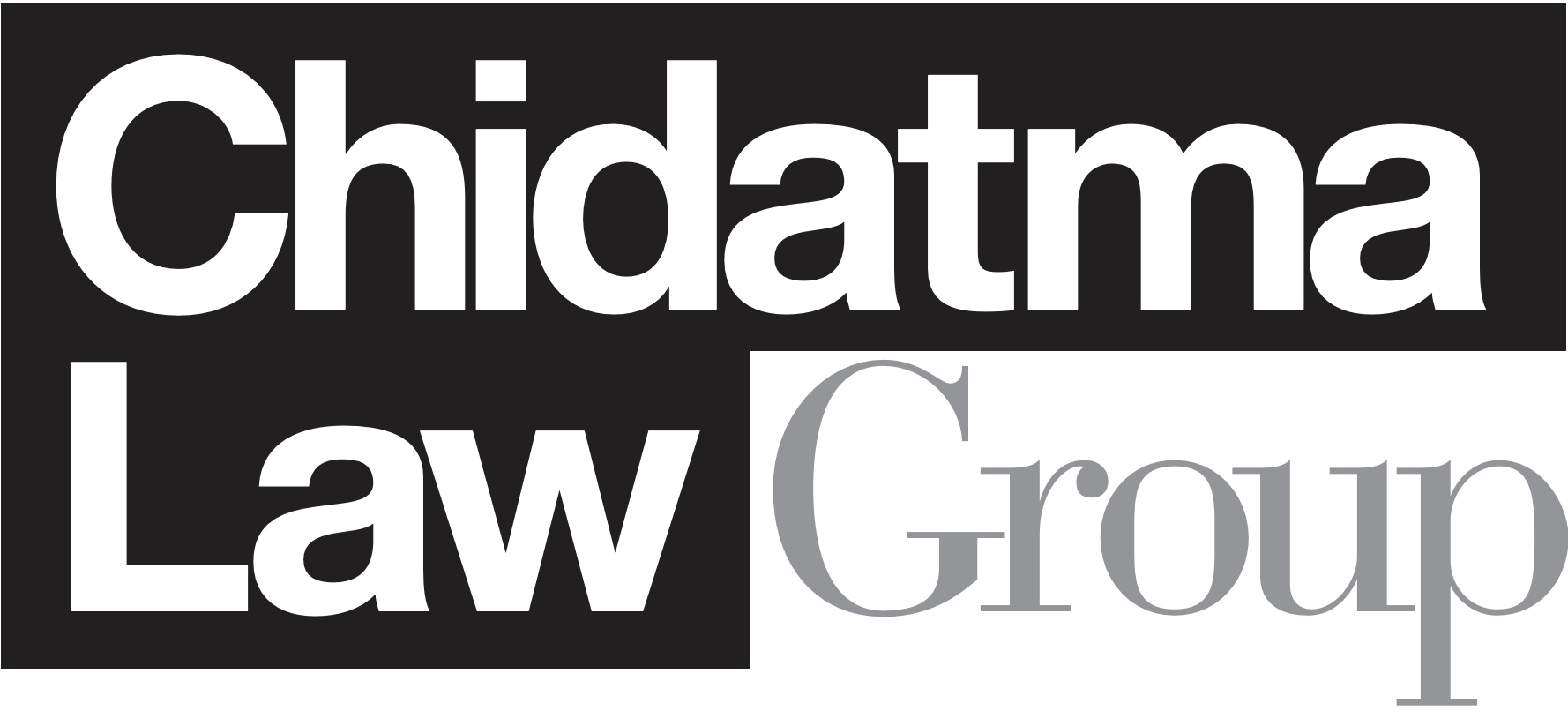
So, you’ve got that brilliant startup idea brewing—the one that keeps you up at night, filling notebooks with scribbles and dreams. The question that naturally follows is: “Can I actually start a new business while still working my day job?”
The short answer: Often, yes, but with careful planning and legal awareness.
This is precisely where the business law attorneys at Chidatma Law Group can help. We have guided countless individuals and emerging businesses across New York to help them lay strong, legally sound foundations while protecting their current employment status and future aspirations.
Your Employment Agreement: The First Step to Protecting Yourself
Before you write a single line of code or register a domain name, review your employment agreement. This document will tell you how free (or restricted) you are to pursue outside business interests.
New York employers frequently include clauses such as:
Non-Compete Agreements
These may prohibit you from launching a competing business in a specific industry, location, or time frame. Most non-compete agreements for employees and independent contractors are now prohibited, with a few narrow exceptions. However, older agreements may still be enforceable.
Confidentiality and Trade Secret Protections
Under both New York common law and the Federal Defend Trade Secrets Act (DTSA), you cannot use or share proprietary company information. Violating confidentiality clauses, whether intentionally or not, can expose your startup to liability.
Intellectual Property (IP) Clauses
These clauses may assign ownership of inventions you develop during employment, even off the clock. New York law generally supports these clauses when the creation relates to the employer’s business or uses their resources.
Understanding these clauses before you act is paramount. An attorney who regularly works with New York employment agreements can help you review your contract, identifying potential roadblocks and advising on strategies to mitigate them.
How New York Law Views “Work Product”
Under New York case law, “employee inventions” may belong to the employer if:
- The invention was developed using company time or resources
- It relates to the employer’s business
- It was created while carrying out job responsibilities
This is why it’s critical to separate your startup work entirely from your day job:
- Use your own devices (not your work laptop or software)
- Work only on your own time
- Keep a record of when and how your idea developed
- Avoid business ideas that overlap with your employer’s industry
If your startup is completely unrelated and independently developed, you may be able to retain full ownership. But this line isn’t always clear, so having a trusted legal advisor can help you stay on solid ground.
Do You Have to Tell Your Employer?
It depends on your contract and your company’s internal policies. Some employers require disclosure of side ventures. Others may only raise concerns if there’s a direct conflict of interest.
If you’re unsure whether disclosure is mandatory or advisable, talk to a lawyer before sharing. Voluntary disclosure can sometimes build trust, but it can also complicate matters if your venture grows quickly or draws scrutiny.
What Happens If a Dispute Arises?
If your employer believes you’ve breached your contract, you could face:
- Cease and desist letters
- Claims of breach of fiduciary duty
- Lawsuits for IP misappropriation
- Injunctions to halt your operations
Even unfounded claims can drain your time, money, and momentum. Legal preparation before you launch can help minimize these risks and give you the confidence to move forward.
Navigating legal frameworks without support can be overwhelming, especially while trying to build a company from the ground up.
How Can a Startup Formation Attorney in New York Help?
Launching a startup in New York is exciting, but it also comes with complex legal questions that can have lasting consequences if left unaddressed. At Chidatma Law Group, we don’t just draft documents; we help future founders like you navigate every decision with clarity and confidence. Here’s how we can help:
- Review Employment Contracts and Spot Legal Landmines: We’ll review your employment agreement and highlight any clauses that could impact your ability to start a business.
- Structure Your Startup Strategically: We’ll help you choose the right entity and set up your startup in a way that supports growth and limits liability.
- Support You as You Grow: We’ll stay by your side as your startup evolves, offering legal guidance every step of the way.
Contact Us Today For Your Consultation
At Chidatma Law Group, we believe in building startups with integrity, foresight, and the legal strength to thrive in New York’s fast-moving business world. Whether you’re still brainstorming or already beta-testing, we’re here to help you move forward smartly and safely.
Contact us today for a confidential consultation, and let’s protect your vision from day one!



